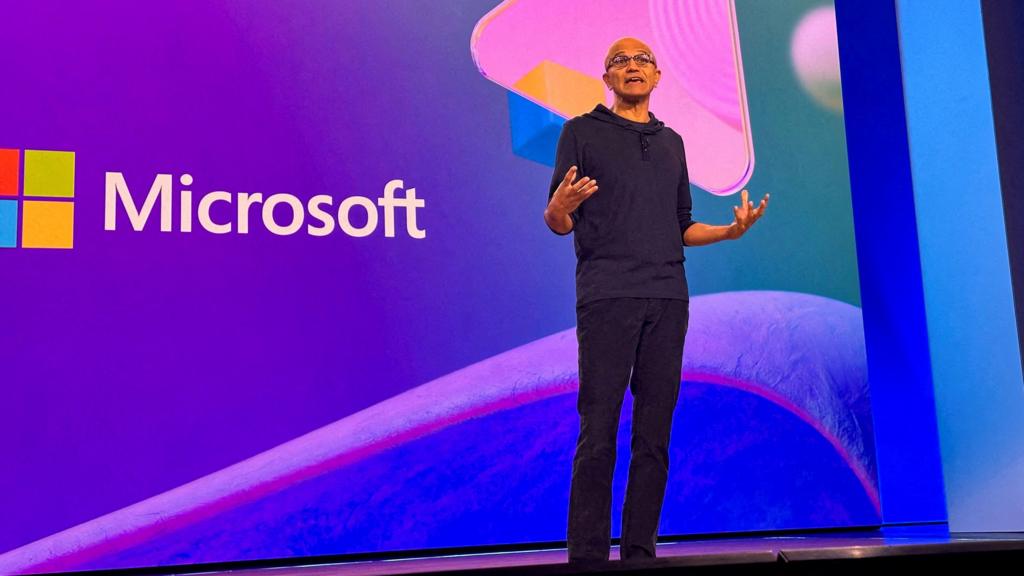Leading technology companies are significantly increasing their investments in artificial intelligence, aiming to capitalize on the AI boom that has driven stock prices to unprecedented levels.
Recent earnings reports from Meta, Alphabet, and Microsoft have underscored the substantial financial commitments these firms are making in areas like data centers and advanced chip technology, despite ongoing questions about the ultimate return on these investments.
Meta Platforms has revised its capital expenditure forecast for 2025 to between $70 billion and $72 billion, an increase from the previous estimate of $66 billion to $72 billion.
The company anticipates even “notably larger” spending growth in 2026 as it seeks to compete with AI innovators like OpenAI.
During a conference call with analysts, Meta CEO Mark Zuckerberg defended the company’s investment strategy, emphasizing the significant opportunities presented by AI, both for developing new products and enhancing the efficiency of its existing advertising and content delivery businesses.
“The right thing to do is accelerate this,” Zuckerberg stated, adding that the company’s family of apps and advertising business is “sort of perennially operating…in a compute-starved state at this point.”
Alphabet, the parent company of Google and YouTube, has also raised its capital expenditure forecast for the year to between $91 billion and $93 billion, up from $85 billion projected earlier this summer, signaling increasingly ambitious spending plans.
This updated estimate is nearly double the capital expenditures reported by the company for the entirety of 2024.
Microsoft reported capital expenditures of $34.9 billion for the quarter ending September 30, including significant investments in data centers. This figure surpassed analyst expectations and represents an increase from the $24 billion spent in the previous quarter.
“We continue to increase our investments in AI across both capital and talent to meet the massive opportunity ahead,” stated Microsoft CEO Satya Nadella.
Nadella emphasized the “real-world impact” of Azure, Microsoft’s cloud computing unit, and the company’s other AI-driven products.
Investor enthusiasm surrounding substantial AI investments has contributed to the outperformance of these tech giants relative to the broader S&P 500 index.
However, Wall Street analysts are also closely monitoring whether these investments are beginning to generate measurable returns.
According to Aditya Bhave, Senior US Economist at Bank of America, the strength of the US economy in recent months has been sustained by consumer spending and AI-related business investments.
“To the extent that the latter remains strong, it’s a bullish signal for GDP growth,” he concluded.
Microsoft 365 and its Azure cloud computing platform were affected by DNS issues, similar to a recent outage experienced by AWS.
The US-based chip manufacturer has rapidly evolved from a niche graphics-chip provider to a leading force in the AI sector.
The AI chatbot app, which boasts millions of users, has announced measures in response to concerns raised by parents and regulators.
Amazon’s recent workforce reductions have fueled concerns about AI-driven job displacement. However, some analysts remain skeptical that these layoffs accurately reflect the overall impact of AI on employment.
As part of the agreement, Microsoft, a long-term investor, will retain a 27% stake in the company behind ChatGPT.

